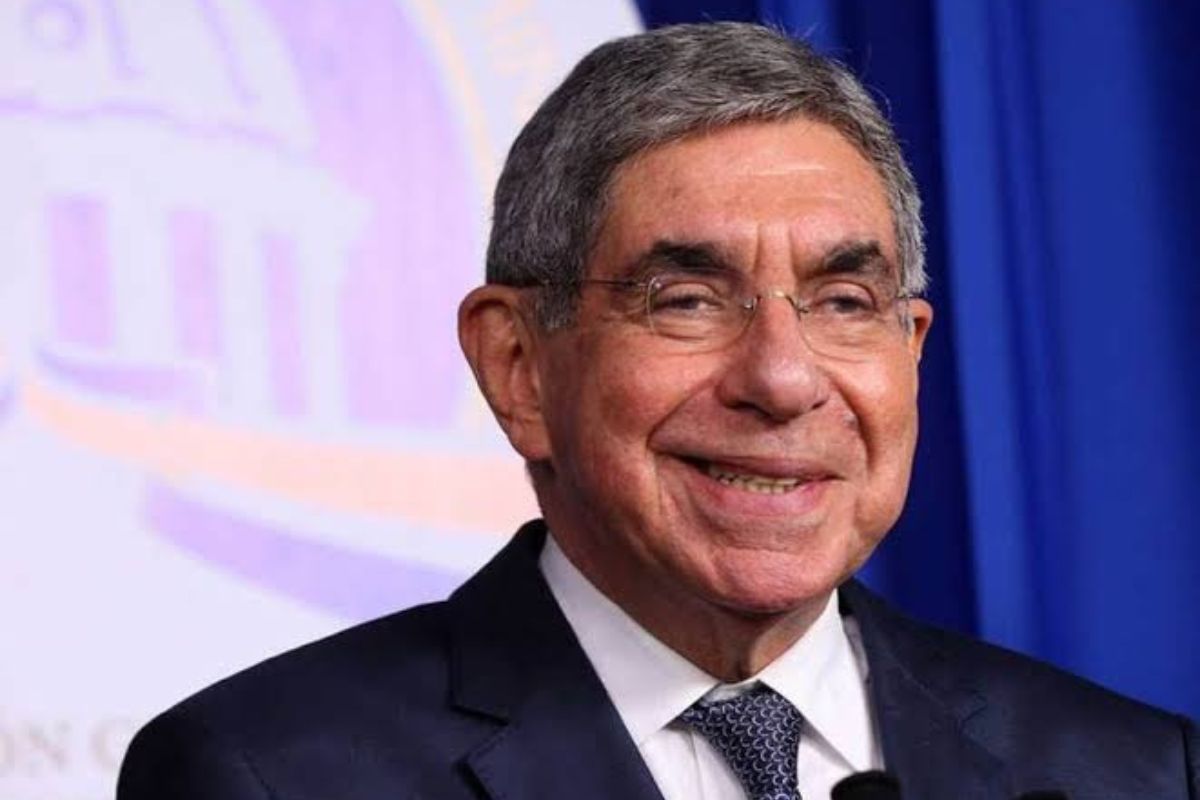Coaching youth basketball has been recognized as a wonderful way of teaching children about the game, as well as helping them grow. It is vital to concentrate on skills, teamwork, and having fun. In order to understand the fundamentals of coaching young players and properly organize their training sessions, this guide can be very helpful.
Basic Coaching for Youths
When dealing with young athletes, pay attention to basics. Begin with easy practices in which one can learn how to dribble, pass, and shoot. At all times, ensure that each player gets an opportunity to participate. Always promote teamwork attitude, as well as good sportsmanship.
Additionally, patience and positivity are required here. Kids advance at different paces. Therefore, what you need to do is encourage them and give them enough time to develop. The process should not only be exciting but also help build up confidence among them because they have always wanted it celebrated through their achievements, too. Since we are talking about exciting things, then try betting with a betting app in India. This way, you will be even more immersed in watching your favorite matches and can profit from the victory of your favorite teams!
Organizing Practices for Young Players
The development of young players largely depends on effective practice plans. Below are tips on how to structure your practices:
- Warm-up: Start with light exercises that will get the players moving.
- Skill drills: Concentrate on basic skills such as dribbling, passing, and shooting.
- Team activities: Practice teamwork while playing small-sided games.
- Cool down: Finally, stretch in order to recover muscles back.
By following these steps during training, coaches make sure that training was ordered and entertaining enough so that every child learned something useful during this session.
Communication and Motivation
Coaching young basketball players requires good communication and motivation. Talk to your players clearly, as well as motivate them. Below are some tips on how to do it effectively.
Effective Communication Strategies
To communicate with young players easily, keep your messages simple. Give clear instructions, which are brief during practice. Ensure that the players comprehend what you expect of them. Be positive and encouraging all the time for confidence building. To make sure you don’t miss a match, subscribe to Facebook. This way, you will be notified about upcoming sporting events!
Listening is also very important. Allow the players to ask questions and share their opinions. This makes them feel appreciated and respected. For instance, explain drills or game strategies using the simplest terms possible. Then, demonstrate how they are done so children can see it firsthand, thus learning better.
Motivating Young Athletes
Motivating young athletes can sometimes be difficult, but it is vital at the same time. You should set small goals that they can achieve. Celebrate each step they make, despite being minor, because this keeps them excited and willing to improve further.
Make practices fun and varied. Use games and challenges to break up practice sessions. Encourage teamwork, not just results-based effort recognition, in sports where one person wins alone. Show them that working hard pays off. When supported through the enjoyment of what they do, players will stay motivated and give their best until the end of the play.
Game Day Coordination
Proper management of a game day is crucial for the team’s success. Here are some pointers for coaches to help them on Game Day:
- Arrive early: Ensure that you get to the venue on time and prepare.
- Warm-up: Kick off with a good warm-up session to make players ready.
- Clear instructions: Give simple and clear instructions beforehand.
- Stay positive: Encourage your players and maintain a positive attitude.
- Halftime talk: Make use of halftime as an opportunity to adjust things and motivate the team.
- Post-game review: Discuss what went well during the game and what needs improvement after it is over.
These stages ensure that young players have a smooth and fruitful day of play.
Long-Term Development of Players
For young athletes, focusing on long-term development is significant. It would be best if they were taught basic skills first. Dribbling, passing, and shooting form the basis for good basketball. Introduce more complex techniques as they progress.
Motivate players into practicing regularly by encouraging them. This will not only enhance their skills but also keep them healthy. Moreover, it is important to teach them about teamwork as well as sportsmanship. Such experiences will impact their lives both on and off the court. Long-term development is all about developing strong, gifted, and confident players.
Final Words
Coaching youth basketball can be rewarding and fun too. Teach basic skills, keep practices fun, motivate your team! Ensure effective communication channels are established in this case. Besides this, one needs also to reinforce positive behaviors. By managing game days well and focusing on long-term development, you can help young athletes grow and enjoy the game.











